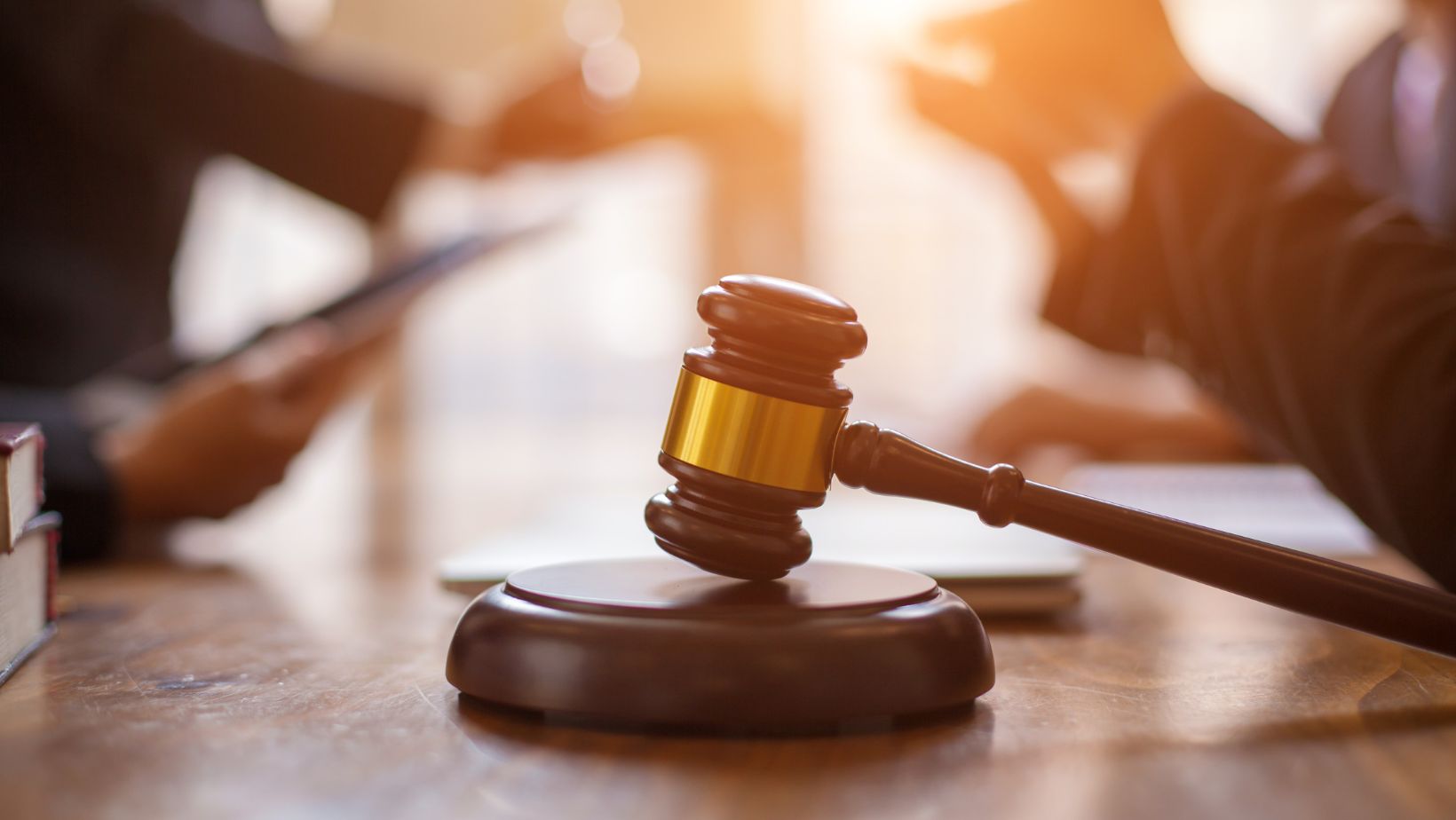
Can You Sue Someone for Calling the Police on You
Wondering if you can sue someone for calling the police on you? It’s a question that often arises in situations where individuals feel wronged or harassed by the actions of others. While there is no definitive answer, it’s essential to understand the legal aspects involved.
In general, merely calling the police on someone is not grounds for a lawsuit. The act of reporting suspicious or potentially criminal activity to law enforcement is considered a protected right. However, there are circumstances where filing a lawsuit may be possible. For instance, if false information was intentionally provided to law enforcement with the intent to cause harm or harass an individual, it could potentially be viewed as malicious prosecution or defamation.
Elements of a False Police Report
Proving Malicious Intent
When it comes to suing someone for calling the police on you, one crucial element to consider is proving malicious intent. In order to successfully pursue legal action against someone who made a false police report, you’ll typically need to demonstrate that they acted with malicious intent or knowingly provided false information.
Proving malicious intent can be challenging as it requires showing that the person making the report intentionally lied or embellished the details in order to harm you. This could involve gathering evidence such as witness testimonies, surveillance footage, or text messages that indicate their intention to falsely incriminate you.
It’s important to note that simply filing a mistaken report does not automatically constitute malicious intent. The person making the report must have had a deliberate and wrongful motive behind their actions. Without clear evidence of malice, pursuing legal action may prove difficult.
Potential Defenses to False Police Reports
In cases where you are wrongfully accused and believe that someone filed a false police report against you, understanding potential defenses can help protect your rights and reputation. Here are some common defenses used when facing false police reports:
- Mistaken Identity: If there is substantial evidence suggesting that you were misidentified as the perpetrator, this defense can be effective in disproving the validity of the report.
- Lack of Evidence: Challenging the credibility and lack of supporting evidence in the accuser’s statement can cast doubt on their claims.
- Inconsistent Statements: Highlighting inconsistencies or contradictions between different statements provided by witnesses or the accuser themselves can weaken their case against you.
- Alibi: Providing an alibi backed by credible witnesses or verifiable documentation may help establish your innocence and discredit any false accusations.
- Police Misconduct: In rare cases where law enforcement officers are involved in fabricating or promoting false reports, exposing any misconduct can be crucial in defending yourself.
It’s important to consult with a qualified attorney who specialises in defamation or civil litigation to understand the specific legal requirements and defences applicable to your situation. They can guide you through the process and help determine the best course of action.

Types of Damages in a Lawsuit
Different Types of Damages
When considering a lawsuit against someone who has called the police on you, it’s important to understand the different types of damages that may be sought. Damages refer to the monetary compensation awarded to the injured party as a result of harm or loss caused by another person’s actions. In this context, damages would be sought for any harm or inconvenience caused by the false report made to the authorities.
Here are some common types of damages that can be pursued in a lawsuit:
- Compensatory Damages: Compensatory damages are intended to compensate the victim for their losses and restore them to their pre-incident state. These damages aim to provide financial reimbursement for any tangible losses suffered due to the false report, such as medical expenses, property damage, lost wages, and emotional distress.
- Punitive Damages: Punitive damages go beyond compensating the victim and are meant to punish the wrongdoer for their malicious or reckless behavior. However, it’s important to note that punitive damages may not always be available in every case and typically require proof of intentional misconduct or gross negligence.
- Nominal Damages: Nominal damages are symbolic in nature and represent a small monetary amount awarded when there is no significant financial loss suffered by the victim. They serve mainly as an acknowledgment by the court that a legal right was violated without resulting in substantial harm.
- Injunctive Relief: In some cases, rather than seeking monetary compensation, plaintiffs may request injunctive relief from the court. This involves asking for an order that prohibits certain actions or requires specific behavior from the defendant going forward.
Compensatory Damages Explained
Amongst these different types of damages, compensatory damages play a crucial role in providing financial restitution to individuals who have been harmed by someone calling the police on them. Compensatory damages are further divided into two categories:
- Special Damages: Special damages, also known as economic damages, are quantifiable losses that can be directly attributed to the incident. They include medical expenses, property damage repairs, loss of earnings or future earning capacity due to injuries suffered, and any other out-of-pocket expenses incurred as a result of the false report.
- General Damages: General damages, on the other hand, encompass non-monetary losses that cannot be easily quantified but still have a significant impact on the victim’s life. These may include pain and suffering, emotional distress, loss of enjoyment of life, mental anguish, and damage to reputation or personal relationships.
It’s important to consult with an attorney who specializes in personal injury law to determine the specific types of damages you may be eligible for in your particular case.



